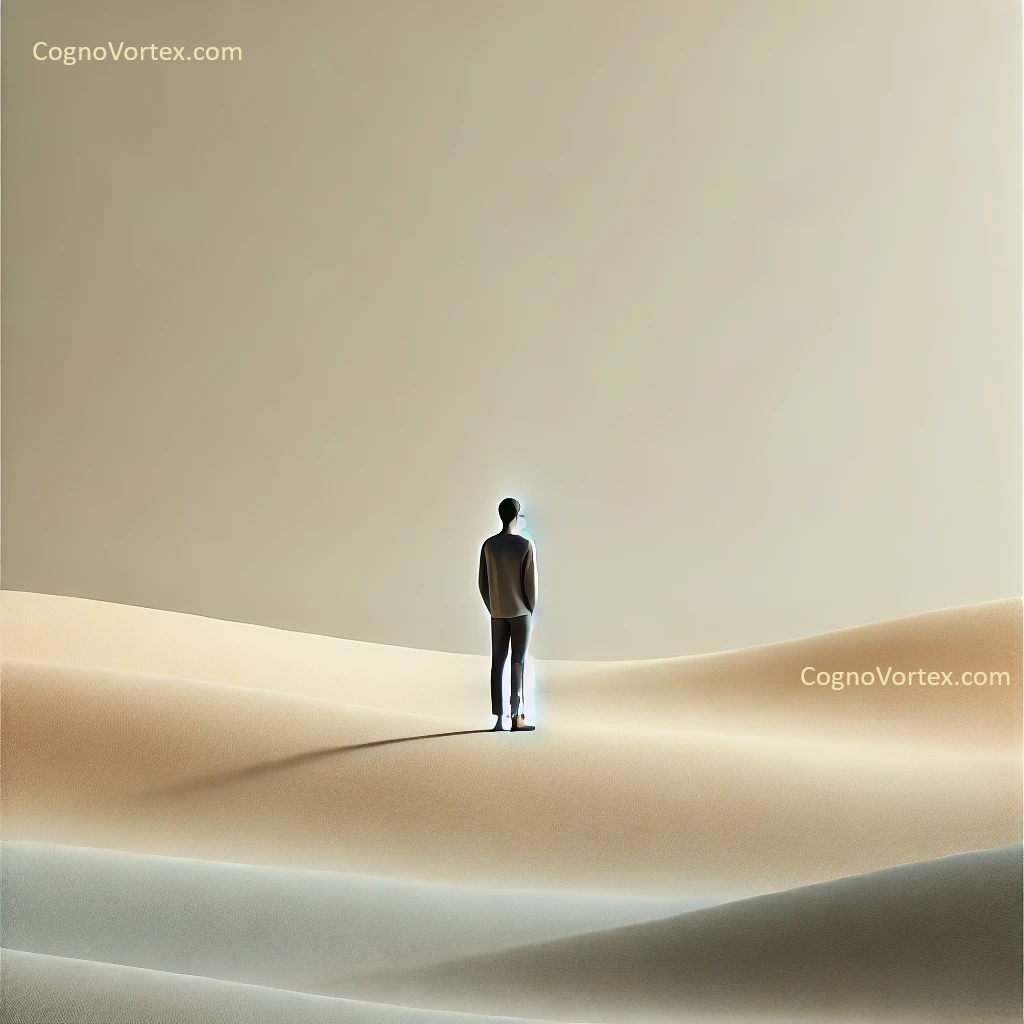Honesty, often heralded as virtue’s anchor, is paradoxically tied to a persistent sense of uncertainty—not as a flaw but as its essence. True honesty does not affirm a superior self, nor does it settle comfortably into self-assurance; rather, it lingers in the gray, a state of gentle disquiet. This isn’t a lack of confidence but a suspension of final judgment, where the self resists proclaiming its own merit, instead letting any self-appraisal hang in quiet suspension.
In this state, honesty turns into a silent witness to the unfolding of one’s actions without the privilege of certainty, without the subtle arrogance of self-congratulation. It lives in a kind of resigned self-doubt, one that does not seek to be resolved but that instead sustains an inner watchfulness. Here, one finds that humility is not a practiced virtue but an inevitable byproduct of openness to imperfection.
This honest insecurity is not self-diminishment but a kind of courageous neutrality, a soft refusal to cast oneself as either hero or villain. To sustain this balance is to acknowledge that integrity doesn’t settle at a final definition of self; it resides in perpetual awareness that one’s limitations and potential for error are as intrinsic as one’s strengths. This precarious holding of self between worth and unworthiness is the essence of honesty, allowing a person to be both fallible and, in the truest sense, free.
